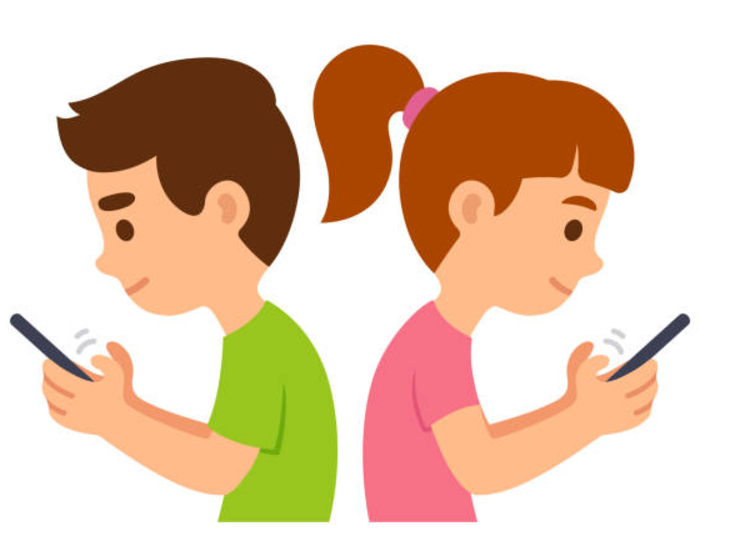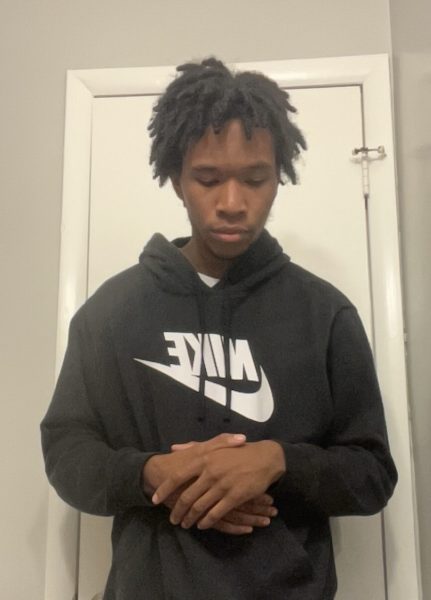Excessive phone use is an ongoing problem with teenagers and needs to be addressed. Many are aware that social media has had an impact on teens’ mental health and studies have proven this. According to Pacific Oaks College, “ not only is social media a problem, the phone itself is as well.”
Currently, “99% of Generation z owns a smartphone and spend between 3-8 hours a day on them.” Also, 42% of the generation is clinically diagnosed with depression or thoughts of hopelessness, according to Pacific Oaks college. The National institute of health says that,“compared to low moderate usage of smartphones, the average depression score was 3.5% higher for moderate to high cell phone use, and 6.9% higher for severe cellphone use. This evidence reveals that there is a direct correlation between cell phone use and depression.
Cell phone use is also proven to cause other mental health disorders such as ADHD and technology addiction. What’s even more concerning is that information on these subjects has been present for years, yet only 47% of parents have limitations on their children’s cell phone usage. Kids as young as 3 are seen daily with smartphones, Apple watches, and iPads. The concern only grows for those in the younger generation and how they will perform not just in the classroom, but socially.
In today’s society, phones are a convenient tool to read, research and listen to music, such as listening to music, financing, reading, researching, communication, entertainment, and job applications. This convenience forces teenagers to use their iPhone for more than just communication, leaving out people who do not use smartphones.
For those who don’t know, blue light is part of the visible light spectrum which is responsible for what the human eye can see. Artificial sources of blue light come from Led Tvs, computers, smartphones and tablets. Teenagers are more sensitive to the effects of blue light and blue light can disrupt sleep patterns, damage retinal cells, eye cancer and can cause blurred vision.
There are many strategies which can be implemented into combating phone usage amongst not just teenagers, but people in general. A strategy that we all can use can be substituting some of our sources for information. With access to libraries and teachers rather than picking up a phone students can look to a book instead. Or concentrate on critical thinking and asking peers rather than looking to the web for answers. Another effective way to reduce phone usage is setting time limits which can be challenging at first but once you get used to it you should have no problem not picking up your phone constantly to take up time.




















